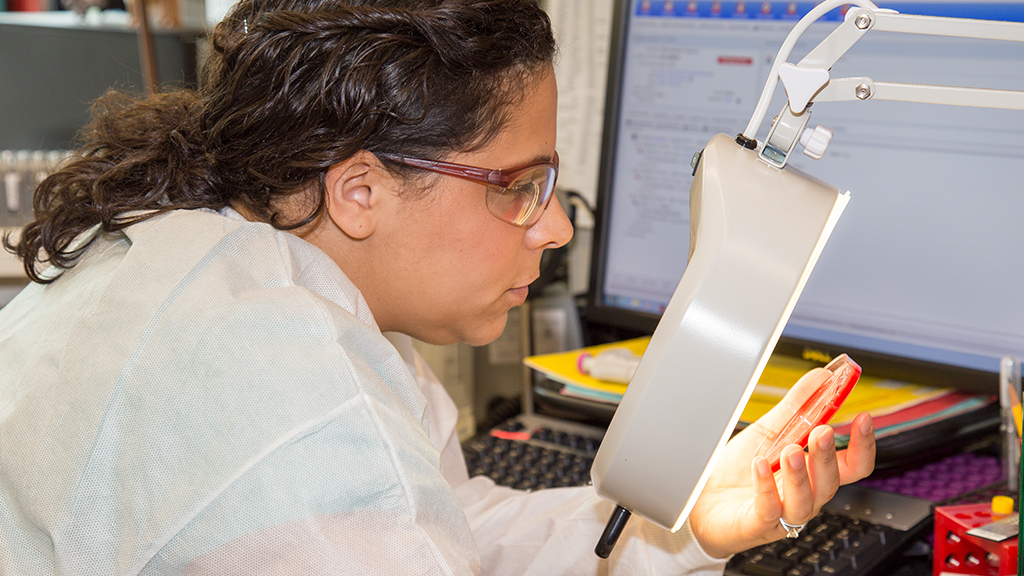Why Veterinary Diagnostics Matter for Dogs and Cats
Why Veterinary Diagnostics Matter for Dogs and Cats
Blog Article
Keeping your pets healthy, regular veterinary testing is a top priority. Animal health testing centers assist in diagnosing illnesses for four-legged family members.
Here, we’ll explore the importance of routine pet exams and outline essential diagnostics.
Understanding Veterinary Labs for Pets
Animal diagnostic labs examine biological specimens to assist veterinarians. These labs leverage cutting-edge tools to deliver reliable diagnostics.

Important aspects of veterinary labs include:
- Early detection of illnesses: This helps vets act quickly.
- Tracking chronic diseases: Helps vets adjust treatments.
- Evaluating care plans: Improves treatment accuracy.
Common Veterinary Tests for Dogs and Cats
Animal diagnostic facilities offer a wide range of diagnostic options to detect specific issues. Common diagnostics include:
- Complete blood counts (CBC): Assess organ function.
- Urinalysis: Detect urinary infections.
- Fecal tests: Check for dietary issues.
- Sensitivity screens: Help with skin irritations.
- Advanced imaging scans: Identify hidden abnormalities.
analises clinicas veterinaria
The Benefits of Regular Veterinary Testing
Ongoing health assessments is a critical part of pet ownership. Through preventative measures, they stay happy and healthy.

Key reasons for routine testing include:
- Extended lifespan: Ensuring effective care helps pets enjoy a better life.
- Preventative savings: Treating conditions before they worsen saves on costly treatments.
- Closer connection through care: Take action when needed.
Conclusion: The Value of Veterinary Labs for Pet Health
Pet diagnostic labs provide vital support to vets in maintaining their quality of life. With routine checkups, you ensure they receive the care they need.
Schedule a diagnostic test today to keep your pets thriving!
Report this page